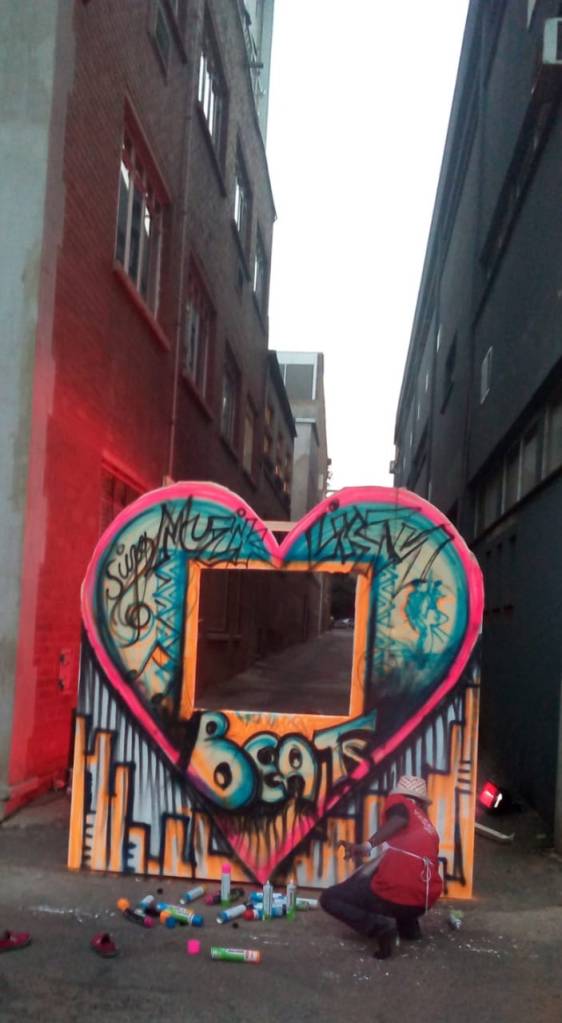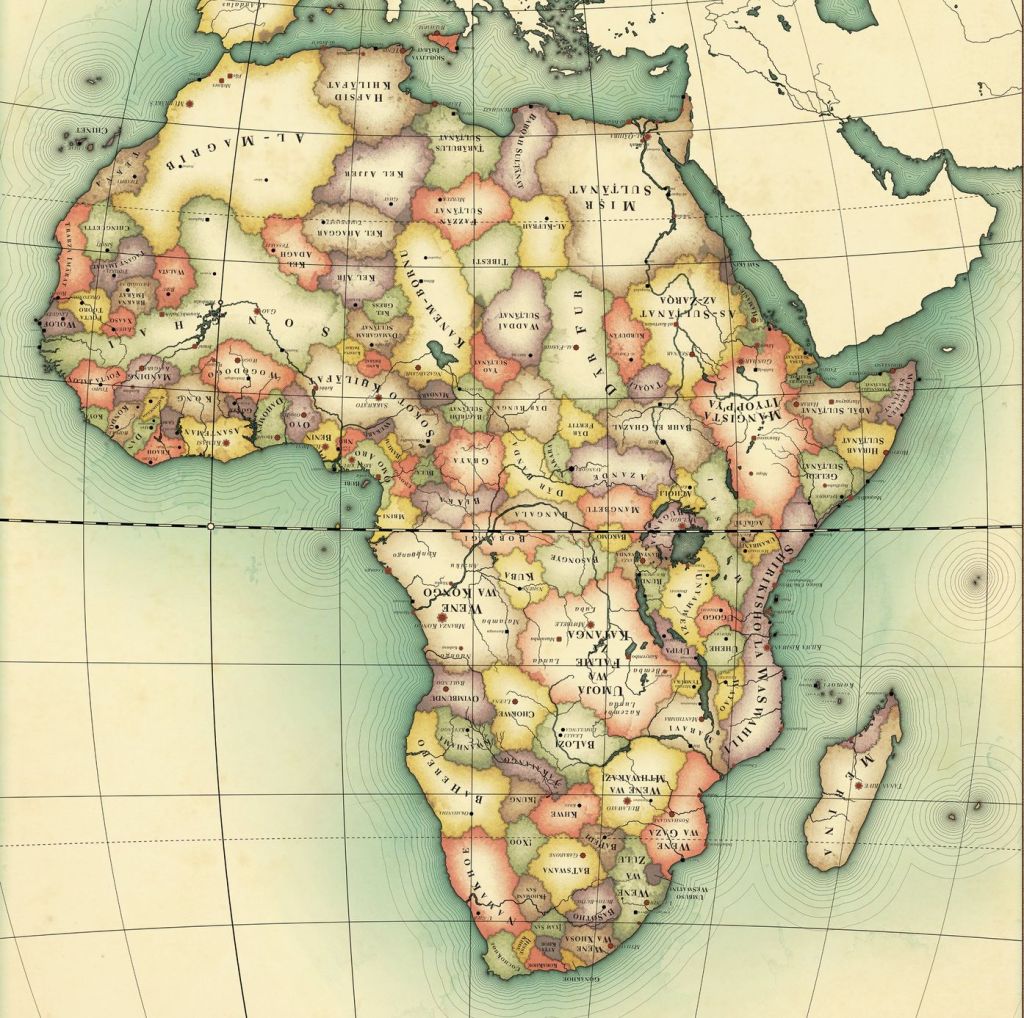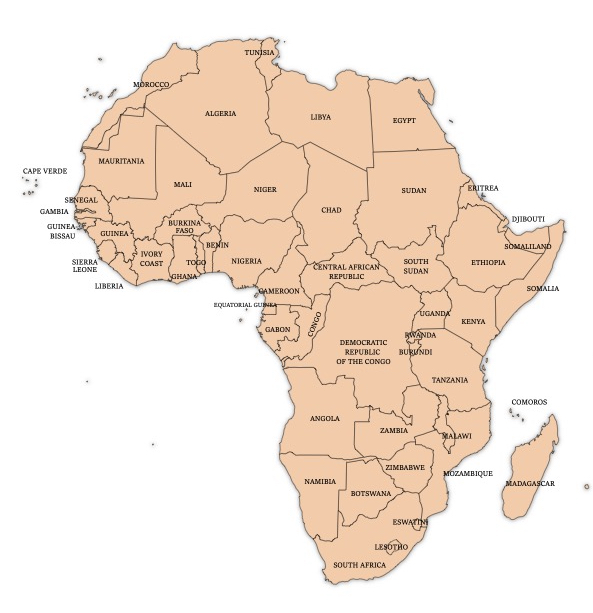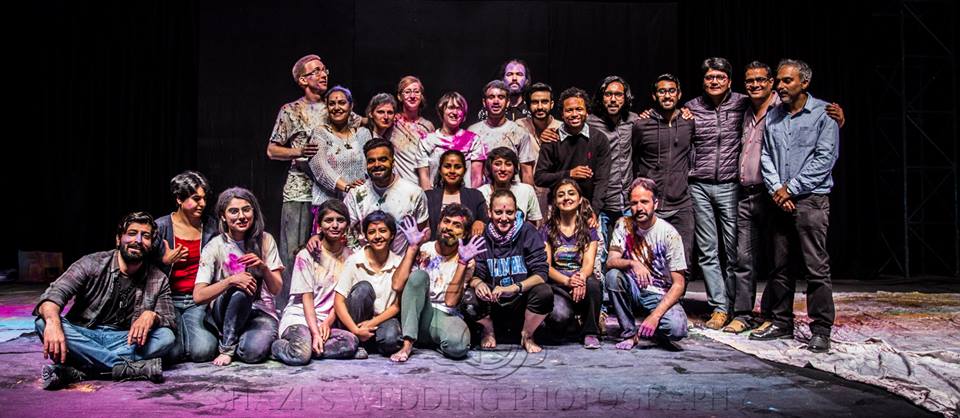This May I was invited to Berlin by The Federal Republic of Germany’s Visitors Programme, which enables foreign opinion leaders to see Germany with their own eyes and thus gain an authentic, up-to-date and nuanced insight into the country.
Introduction to the promotion of theatre in Germany (Federal Government Commissioner for Culture and the Media, German Federal Cultural Foundation) and insight into Berlin’s theatre scene (e.g. HAU, Maxim Gorki Theater, Deutsches Theater). Visit to the Theatertreffen and to selected productions in German theatres. Opportunities to network, also through workshops, with figures from the German theatre scene.
PARTICIPANTS
Ms. Anzhela KRASHEUSKAYA| Belarus
Direktorin ART CORPORATION Visual and Performing Arts Centre Minsk
Ms. Beatriz JUNQUEIRA| Brasil
Director, Culture Manager, Curator, Director, Multidisciplinary Artist, Lecturer Tempo Theatre Festival Rio de Janeiro
Ms. Fangling HUANG| China
Actress, Theatre Director, Freelance Artist, Founder of a.f. art theatre Fangli Shanghai Dramatic Arts Centre Shanghai
Ms. Indira RODRÍGUEZ RUIZ| Cuba
Theatre Critic, Publisher Tablas-alarcos Theatre Publishing House Havana
Ms. Edisa Fabiola PAZMIÑO GUERRERO| Ecuador
Production Manager Fundación Teatro Nacional Sucre Quito
Ms. Rebecca JASMINE| India
Executive Producer, Head of Programme, Education and Training Jagriti Theatre Bangalore Bangalore
Mr. Yair ASHKENAZI| Israel
Theatre critic for the culture supplement “Gallery” Haaretz Daily newspaper Givatayim
Ms. Salome Mshai MWANGOLA| Kenya
Theatre Scholar and Artist African Leadership Centre
Ms. Dana BJORKA| Latvia
Director Latvian Ministry of Culture Russian Theatre Riga
Ms. Marcela DIEZ MARTINEZ DE ALBOUZE| Mexico
Director Festival Internacional Cervantino (FIC) Mexico City
Professor Petar PEJAKOVIĆ| Montenegro
Director, Festival Director, Associate Professor at the Faculty of Dramatic Arts in Cetinje Kotor Festival of Theatre for Children (KotorArt) Faculty of Dramatic Arts in Cetinje (Department for Direction) Podgorica
Mr. Aleksei BADAEV| Russia
General Director and Artistic Manager, Member of the Board of the Russian Theatre Association Yekaterinburg Theatre Yekaterinburg
Ms. Urška BRODAR| Slovenia
Dramaturge Slovensko Mladinsko Gledališče Slovenian Youth Theatre Ljubljana
Mr. Eliot MOLEBA| South Africa
Director, Writer, Dramaturg The South African State Theatre
Mr. José Luis GÓMES GARCÍA| Spain
Founding Director, Actor, Member of the Real Academia Espanola Teatro de la Abadía Madrid
Ms. Gülden ÖKTEM| Turkey
Correspondent and Editor Milliyet Daily Culture and Arts Section Istanbul
Mr. Volodymyr HOLOSNIAK| Ukraine
Artistic Director, Actor, Director Ivan Kozlovsky Art and Concert Centre Kiev National Academic Theatre of Operetta Kiev
Mr. Carl Michael| DOVE USA
Director, Artistic Director Forum Theatre Washington Silver Spring, MD
Mr. Jorge José ROIG GRATEROL| Venezuela
Actor, Director, TV Host Caracas




















